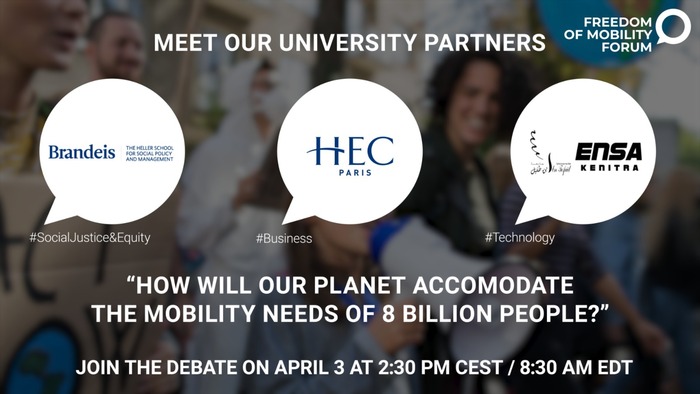In the 17th annual edition of its “Global Risks Report”, the World Economic Forum warns of the risks generated by inequalities in access to vaccines in several regions of the world.
According to this report, these inequalities could reshuffle the cards by weakening major international causes such as the fight against climate change.
"The global divergence in access to vaccines will create tensions within states and between states," warns this report.
According to him, this risks worsening the effects of the pandemic and complicating "the coordination necessary to meet common challenges", according to this foundation based in Geneva.
Among these challenges that risk creating "social fractures and geopolitical tensions", she cites in particular climate action but also the improvement of digital security, social cohesion and space competition.
Growth at half mast in developing countries
According to the World Health Organization (WHO), 41 countries have still not been able to immunize 10% of their population, while 98 countries have not reached 40% vaccinated, a stark contrast to the Western countries where vaccination coverage sometimes reaches 80%. However, billions of doses of vaccine were produced last year. But the various redistribution mechanisms, such as the Covax device (less than 10% of doses administered worldwide) set up by the WHO to ensure vaccination in low-income countries, have hardly worked.
In its report, the Economic Forum lists the 10 main risks for the planet over the next ten years, the result of numerous interviews with international experts, including five linked to the climate. However, without sufficient coordination, "a disorderly climate transition (...) will only further divide countries and separate societies", adds the World Economic Forum.
In addition to the dangers linked to the climate, low vaccination rates in some areas will also "weigh on the availability and productivity of workers, disrupt distribution chains and weaken consumption", at the same time when inflation is high and when world trade continues to suffer from shortages.
By 2024, developing countries, excluding China, will be 5.5% below their level of growth expected before the pandemic, while the most advanced economies will have exceeded it by 0.9% , according to the Forum's expectations.





/cloudfront-eu-central-1.images.arcpublishing.com/prisa/EMYXC3EVHNEG3OJHGIQCB2IVYA.jpg)



